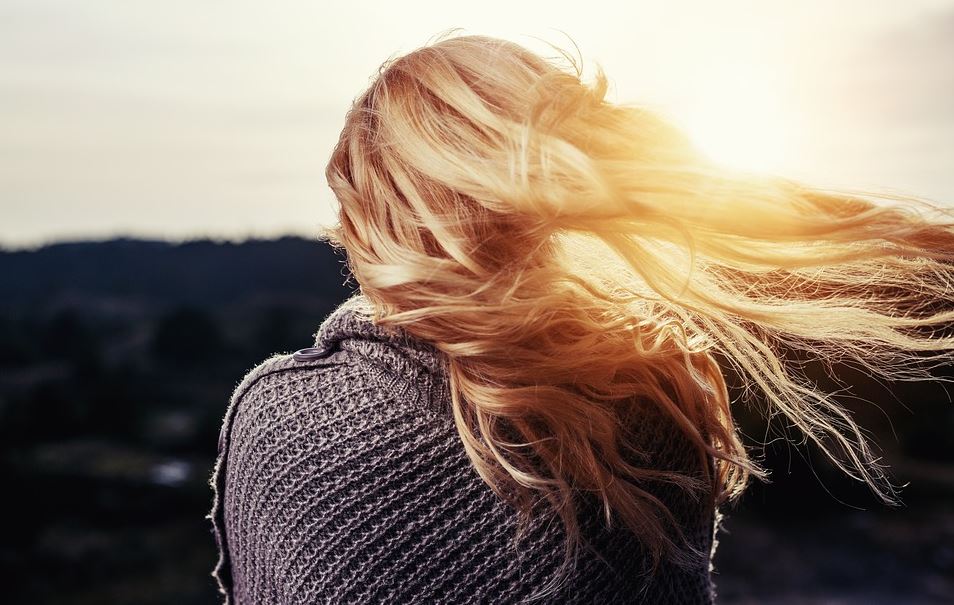Scalp treatments have been gaining in popularity, but are they really necessary to preserve the health of your skin and hair? While a scalp treatment alone won’t fix your itchy, oily, or flaky skin, the massage itself can feel good and stimulate blood flow to your head. Who doesn’t want to feel pampered?
Some people also turn to scalp treatments and dry shampoo as a substitute for regular hair washing. However, there are some possible dangers associated with dry shampoos that you’ll want to know about before your next trip to the salon.
What is a Scalp Treatment?
Until fairly recently, unless someone had a serious problem with it, most people didn’t pay much attention to the heath of their scalp. Within the last year or two, interest in scalp health has spiked. Scalp treatments are also becoming more popular as more people have busier schedules and less time for thorough daily hair washing. This is especially important for people with Type 3 and 4 curls, who are often advised against washing their hair daily.
Just as exfoliation and chemical peels gained traction for facial care, scalp treatments are now the go-to treatment for under-the-hair skin care. They are used to clear out excess oil, dead skin, and sebum that can build up on the scalp, even with regular hair washing.
This treatment is designed to alleviate problems people have with their scalps, such as excessive dryness or oiliness, to promote general hair health. These typically involve the use of massage and special shampoos formulated to combat the specific problems someone has.
What is Dry Shampoo?
Dry shampoo is shampoo that is typically in the form of a powder. It’s used as a substitute for liquid shampoos and can be applied without getting the hair wet. It is usually applied to the hairline and areas where oil buildup can become visible. Dry shampoo is often used out of convenience, by people with busy schedules, or by people who don’t or can’t wash their hair every day.
What’s in Dry Shampoo?
Dry shampoo keeps its form through a special blend of drying agents that bind to oil and moisture in the hair. While each formulation is going to be different, there are some common ingredients between them.
- Kaolin: This clay includes aluminum silicate, which absorbs oil and moisture.
- Cornstarch: Starch binds with sebum through weak electric forces known as the van der Waals forces.
- Denatured alcohol: The alcohol doesn’t dissolve the particles and carries them from the bottle onto your hair before quickly evaporating.
- Magnesium stearate: An anti-caking agent, this prevents the starch and clay from clumping.
- Laminaria saccharina extract: Taken from brown seaweed, this ingredient expands after absorbing moisture.
- Liquefied petroleum gas: This highly flammable propellant is stored under 50 psi within the bottle.
- Talc: Some dry shampoos contain talc, a mineral that absorbs moisture but which may contain naturally-occurring asbestos.
Is Dry Shampoo Dangerous?
Many dry shampoos are new to the market but use ingredients that have been shown to be safe for human use in other settings. However, talc exposure has been discovered to be linked to cases of mesothelioma. Research the ingredients of your shampoo to discover if they contain talc, which presents the most obvious potential danger. Click here to learn more about the potential dangers of deep cleansing and scalp stimulating cleansers.
Are Scalp Treatments Safe?
Scalp treatments are simply cleansing regimens targeted to the unique environment of the human scalp. They are generally safe, but if you are using dry shampoo in conjunction with one, you will want to check its ingredients to make sure you’re not being exposed to asbestos.

